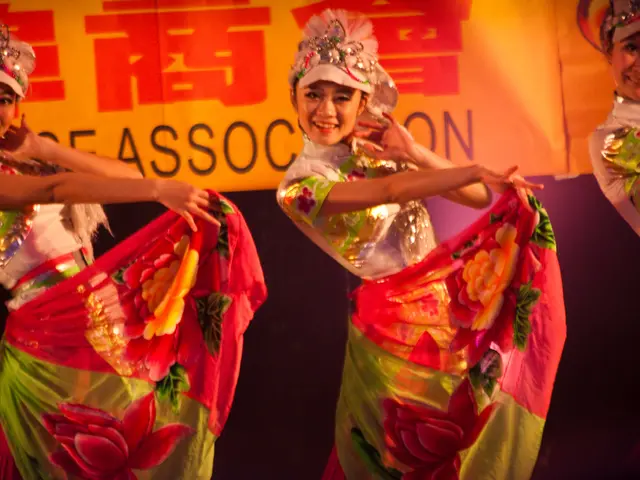Discussion with Luis Britto Garcia on Fascism and Other Ailments
Interview with Luis Britto Garcia: Fascism, Corruption, and the Road Ahead
Known for his independent thinking and support of the Bolivarian Process, Luis Britto Garcia is one of Venezuela's most respected intellectuals. In this interview, he discusses fascism, corruption, and his aspirations for a Chavista victory in the approaching July 28 presidential elections.
Recent article on fascism captures global attention. What’s your contemporary view on this perilous phenomenon?
Fascism, as Franz Leopold Neumann explains in Behemoth: The Structure and Practice of National Socialism, 1933-1944, is the absolute collusion between big capital and the state. It uses societal crises as a stepping stone, presenting itself as a solution while deepening oppression and inequality. Fascism, in essence, is an elitist movement led by upper and upper-middle classes, recruiting followers from the middle class suffering from economic crises.
Fascists are not only devout but also violent, abolishing trade unions, suppressing opposition parties through paramilitary groups, and launching attacks on "inferior races." Misogyny is another characteristic of this malevolent ideology, which relegates women to the domestic sphere and the Church.
Interestingly, contemporary fascism differs from its classic form: it advocates for neoliberal economics, is pro-Zionist, and has infiltrated political structures under the guise of progressive discourse.
Street-level manifestations of fascism have been prevalent in Venezuela during the 2014 and 2017 guarimbas and the 2019 pro-Guaido mobilization. Why hasn't fascism been as visible in recent years?
Fascist violence subsided dramatically after the 2017 Constituent Assembly elections. The prerequisites for fascist operations—mobilization, financial backing, and the prospect of a swift victory—were no longer present. This turn of events can be attributed to better organization within the government and an increase in public awareness of the fascist threat.
Corruption has been a significant concern in Venezuela. What were your thoughts on the issue when you wrote "Caíga quien caíga"?
Corruption is rampant within the PSUV, and some members have been infiltrated by "ideologues and practitioners of capitalist looting." The consequences of such behavior are severe: resources intended for the betterment of the people are misappropriated, and public trust in the government is undermined.
To combat corruption, real-time computerized control mechanisms should be implemented within the public administration, ensuring transparent governance.
With the upcoming elections fast approaching, what's your take on the current political landscape?
The opposition has historically gained a considerable number of votes, but infighting and divided leadership have been persistent obstacles to their success. On the other hand, the PSUV, despite challenges like corruption scandals and a decimated economy, remains the most consolidated political force in Venezuela. Given the current situation, it appears that the PSUV is poised to win the upcoming election.
In the contemporary context, fascism is characterized by the absolute collusion between big capital and the state, using societal crises as opportunities to deepen oppression and inequality while presenting themselves as solutions. Interestingly, modern fascism differs from its classic form, advocating for neoliberal economics, being pro-Zionist, and infiltrating political structures under the guise of progressive discourse.
The street-level manifestations of fascism, such as the guarimbas and pro-Guaido mobilization, have been prevalent in Venezuela in the past, but they subsided after the 2017 Constituent Assembly elections due to better organization within the government and increased public awareness of the fascist threat.
Corruption within the PSUV has been a significant concern, with some members being infiltrated by capitalist looters. To combat this, real-time computerized control mechanisms should be implemented within the public administration to ensure transparent governance.
With the upcoming elections, the PSUV, despite challenges like corruption scandals and a decimated economy, remains the most consolidated political force in Venezuela, given the current situation, it appears that the PSUV is poised to win the upcoming election.
Recent global attention has been captured by articles on fascism, and in this interview, Luis Britto Garcia, a respected thinker and supporter of the Bolivarian Process, shares his contemporary view on this perilous phenomenon in politics, general news, crime and justice, policy and legislation, war and conflicts, migration, and other areas of society.









